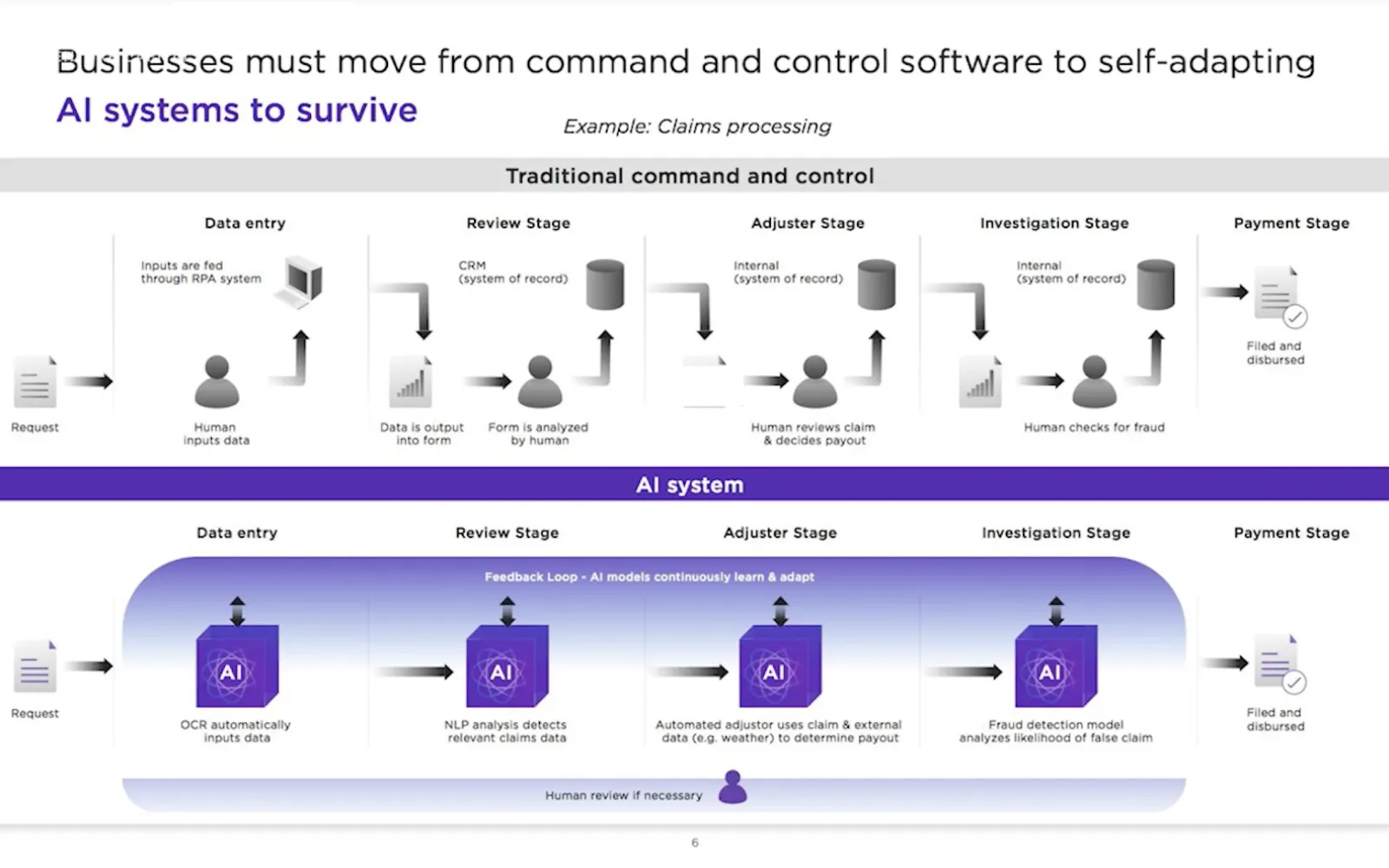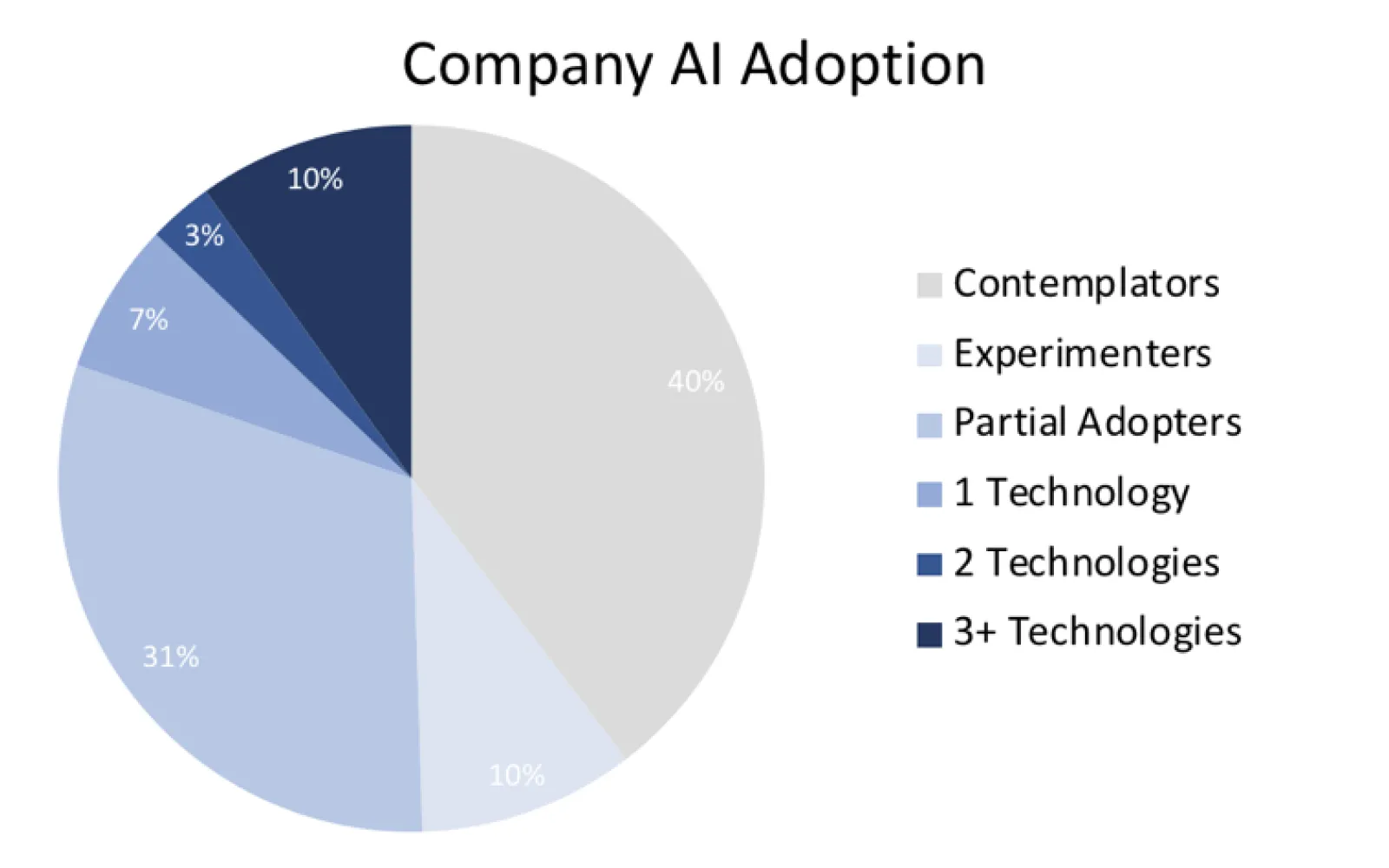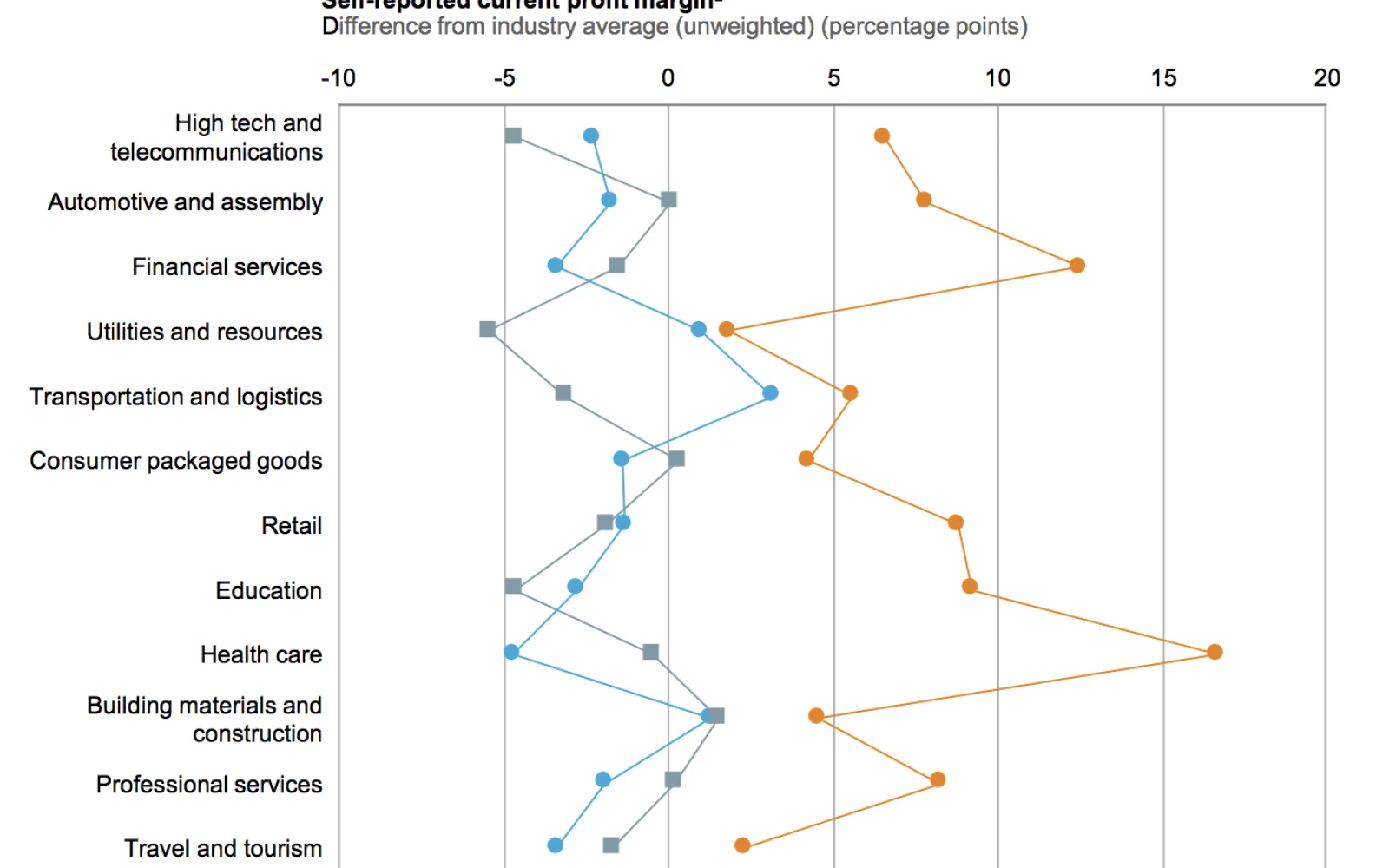
Element AI raises $151M Series B to enable artificial intelligence at the heart of every company
DCVC has backed Element AI’s $151 million Series B up round as they inject artificial intelligence into corporate operations around the world. We led Element AI’s $102M Series A in 2017, and we’re investing again thanks to their strong progress this past year. We are excited that new investors Caisse de dépôt et placement du Québec (CDPQ), a $300 billion+ diversified investment giant, and McKinsey & Company, one of the world’s most-respected partners in business transformation, took a leadership role in this round. They recognized that Element AI has worked with some of the world’s largest manufacturing, financial services, logistics and media companies; has built out a powerful core software suite enabling recurring product sales; and has strengthened their team with the world’s top AI experts. Element AI is making the AI infrastructure that tomorrow’s companies will be built on — and today’s companies will embrace to keep pace.
The missing element
Element AI is building AI ‘operating systems’ that make businesses faster and more efficient. Contrary to Hollywood’s scaremongering, AI gives workers more creative freedom by breaking repetitive processes into steps that computers can follow. For instance, when you file an insurance claim, a human has to enter your claim, review it, adjust it, and assess its risk. Element AI partnered with a major insurance company to build a system that independently executes each of those steps. An employee can review the way the system processes claims, which takes significantly less time than doing it all themselves and allows them to focus on less-repetitive tasks instead.
DCVC has backed Element AI’s $151 million Series B up round as they inject artificial intelligence into corporate operations around the world. We led Element AI’s $102M Series A in 2017, and we’re investing again thanks to their strong progress this past year. We are excited that new investors Caisse de dépôt et placement du Québec (CDPQ), a $300 billion+ diversified investment giant, and McKinsey & Company, one of the world’s most-respected partners in business transformation, took a leadership role in this round. They recognized that Element AI has worked with some of the world’s largest manufacturing, financial services, logistics and media companies; has built out a powerful core software suite enabling recurring product sales; and has strengthened their team with the world’s top AI experts. Element AI is making the AI infrastructure that tomorrow’s companies will be built on — and today’s companies will embrace to keep pace.
The company also recently worked with the Port of Montreal, which processes over $41 billion of goods each year and 2,500 trucks per day. Truck drivers at the port struggled with long delays for loading and unloading containers. Dispatchers would try to estimate wait times, but they were so inaccurate it was impossible for drivers to plan their days. Element AI trained a model with real-time and historical data to immediately answer key questions — “When are the ships coming in? How many containers are left on the ground? Are there trains passing? What’s the weather like?” — and dramatically improved prediction accuracy. They integrated these predictions with the dispatchers’ and drivers’ workflows, which meant drivers didn’t have to show up hours before their scheduled time. This operational improvement simultaneously increased margins, decreased congestion, and reduced CO2 emissions from idling trucks. Element AI excels at solutions like these — ones that harness information from many sources to seamlessly improve people’s lives.
Enter McKinsey
There is plenty of room for growth. Today, only 20% of companies have begun to integrate AI in their business, though these early adopters are adopting it quickly — half of them already have three or more AI systems in place. Early results suggest AI adopters are already seeing returns on their investments. 30% report revenue increases, and early adopters with “strong digital capability [and] proactive strategies have higher profit margins and expect the performance gap with other firms to widen in the next 3 years”. The gap is widening at an industry level, too, as industries with high adoption are increasing investment at a much quicker pace than others.
Organizations face several technical and business challenges to gaining the full business value of AI. In some cases, their data stores are in a position to let AI software work its magic. In others, there is lack of organizational alignment or wherewithal to take advantage of the insights and agility AI could bring the business. By partnering with McKinsey, Element AI can close the gap between companies and the benefits AI solutions can bring.
Minding the gaps: supply and demand, industry and academia
As early adopters pull ahead, other companies are struggling to catch up. Part of this divergence is due to the small (but growing) AI talent pool. Surveys from Gartner, MIT, and many others flag staffing problems as a roadblock for companies interested in AI. Universities are starting to catch up — CMU launched the first AI bachelor’s degree in the US last year — but demand still outpaces supply. Element AI lets companies bypass this shortage by working with the single strongest team of AI talent outside the walled gardens of Google and Facebook. Of their 400+ employees, 90 have PhDs in artificial intelligence — or about four centuries of AI-specific education and research.
Element AI also maintains a Fellow Network of visiting researchers from Canada’s top academic institutions. Rather than poaching professors (and damaging AI education), the Fellow Network lets researchers earn as much as their privately-employed counterparts, apply their research to real-world problems, and publish groundbreaking papers without surrendering their academic positions. This collaboration model enriches both Element AI and the participating universities. The company has fostered the publication of 45 academic papers in the last two years alone.
Element AI uses their in-house researchers and extensive network to give customers “a smooth transition to a more positive future.” They turn early adopters’ piecemeal projects into comprehensive systems, build AI into new companies’ operations, and modernize legacy systems. We invested in Element AI because of their incredible team, their ability to slingshot cutting-edge research into enterprise applications, and their modular approach to building products across industries. They are uniquely qualified — and uniquely positioned — to make business operations more automated, intelligent, and efficient, and to free corporate employees to push paper less and build the future more. Congratulations to the team.
Related Companies









